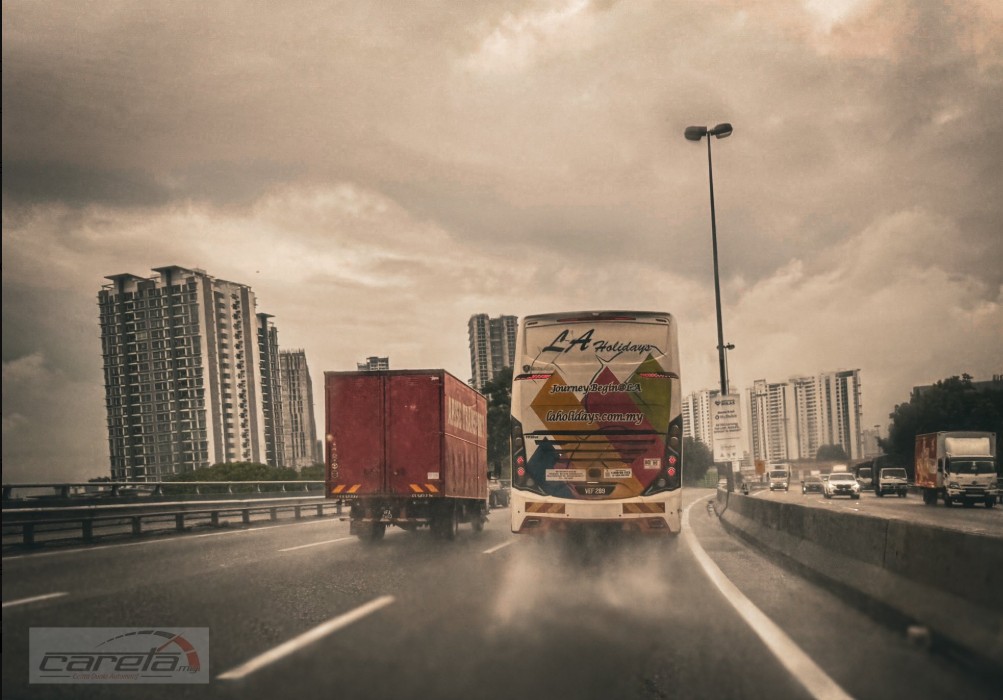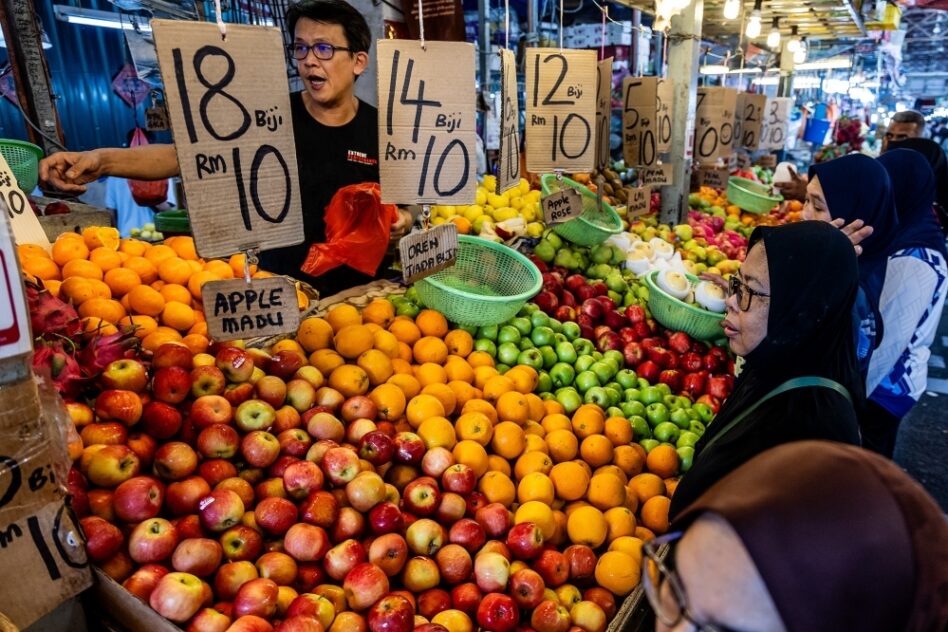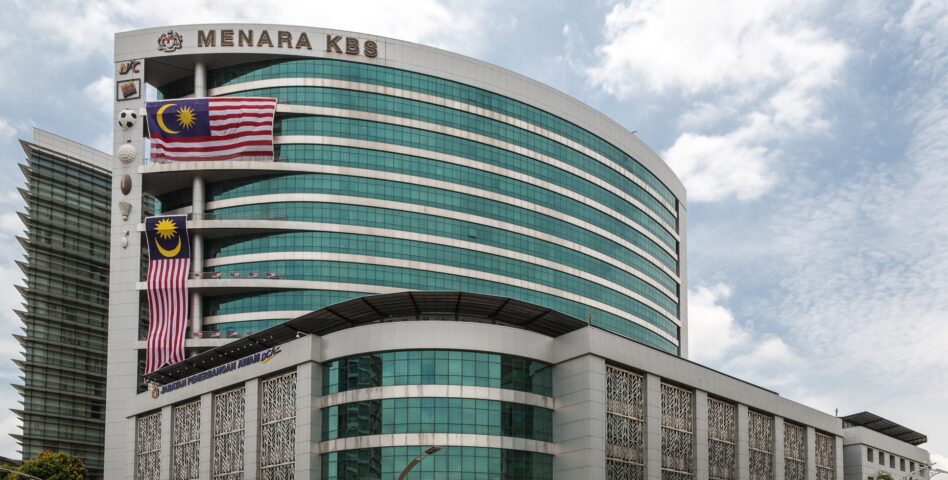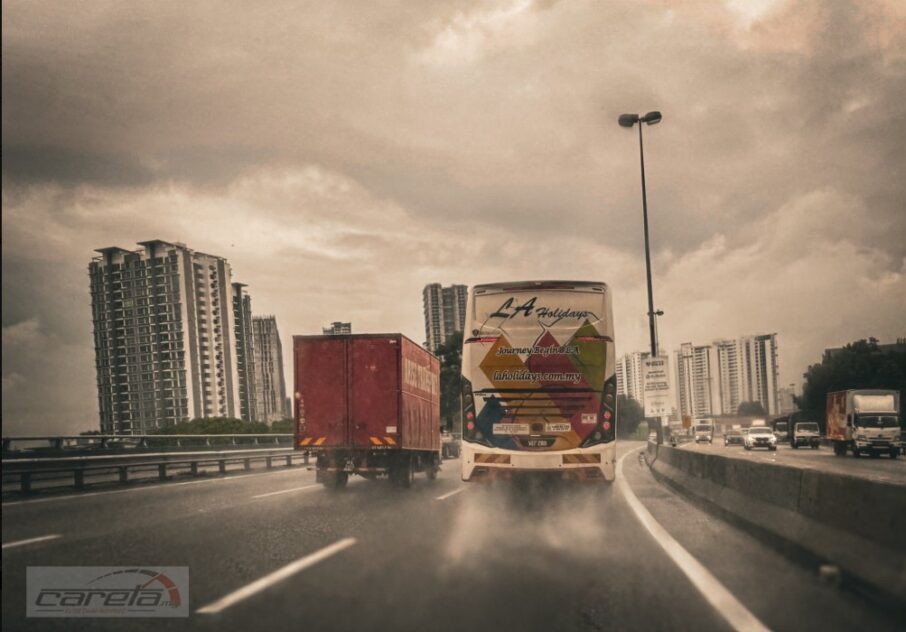TRANSPORT Minister Anthony Loke Siew Fook has a brilliant idea to improve road safety in Malaysia. Not more JPJ (Road Transport Department) officers, not more inspections, not even speed limiters.
No, he wants you – the everyday Malaysian – to do the job instead. Just take out your smartphone, snap a speeding bus or lorry and let it go viral. Instant enforcement, no paperwork needed.
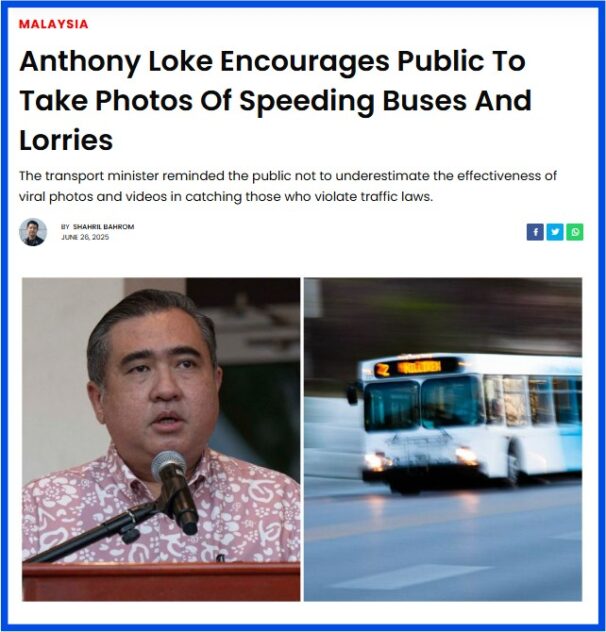
Apparently, this is the new solution after a string of horrific crashes involving heavy vehicles. Recall that 15 Universiti Pendidikan Sultan Idris (UPSI) students were killed on the Gerik–Jeli Highway in early June.
A few weeks before that, nine FRU personnel died after a lorry slammed into their truck. All this, yet the most concrete action we get is a plea to citizens to play traffic cop with their smartphones.
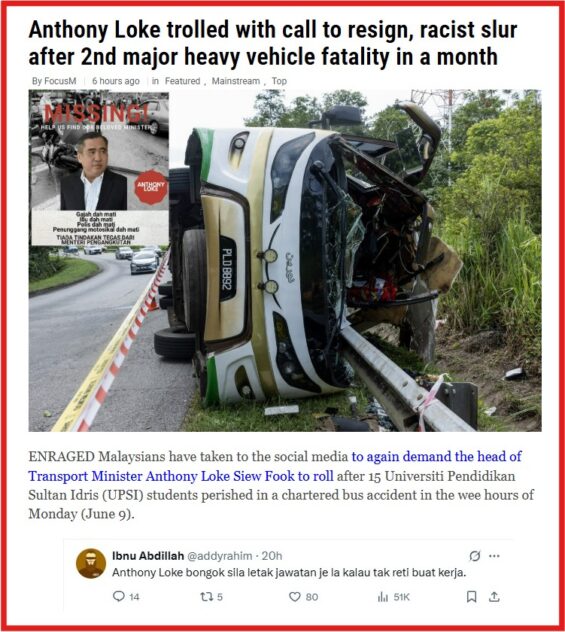
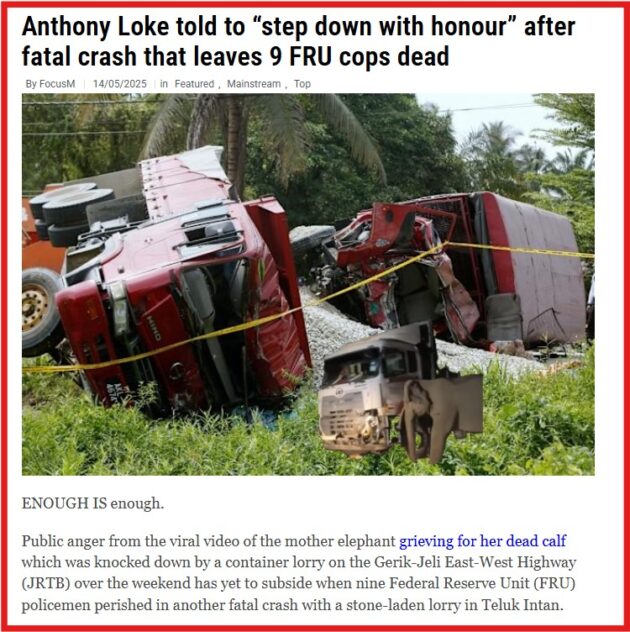
Loke proudly cited a viral video showing an express bus tailgating and gesturing rudely. That video led to a 30-day suspension.
But the bigger question is this: why was a company that failed every single JPJ safety audit criterion still operating on our roads to begin with? If a viral video is the only way the ministry acts, what does that say about regular enforcement?
– Bawak laju macam orang gila
– Himpit kenderaan lain
– Tunjuk jari tengah
Nama syarikat jelas….no plet jelas….
Lagi spesis pemandu bas memandu secara merbahaya … Bas yang sama lak tu
Kredit Video : Himpunan Cerita Lawak (FB) pic.twitter.com/FK1MlPjuEt
— MYNEWSHUB (@mynewshub) June 12, 2025
‘Trial by social media’
The idea sounds harmless at first. But let’s unpack it. First, there is the obvious safety risk. Encouraging passengers to film while inside moving vehicles can cause distractions, panic or even retaliation.
A driver being filmed might respond aggressively – or worse – lose focus and cause an accident. Do we really want to make buses more dangerous just so someone can get a good angle for TikTok?
Then there is the risk of false accusations. A short clip taken at high speed may not reflect the full context. Maybe the driver was avoiding a pothole.
A 15-second video won’t capture that. Yet companies and drivers may be punished based on incomplete, misleading or malicious footage.
Worse, this sets the stage for trial by social media. Drivers’ faces will be plastered online before any investigation begins. Bus companies could be boycotted based on horrendous comments, not facts.
And what about the unevenness of it all? If enforcement now depends on virality, then only the flashy or shocking cases get action. The quiet, routine violations that never make it to Facebook will continue unchecked. That is not justice. It is selective outrage.
Nasihat dah bagi tapi siap dia suruh kita pulak bawak bas. Harap menyesal lah jadi driver bas lepasni 😅
Bas dari KL ke Mersing. No plate SMM7773 pic.twitter.com/kOMHwlEG3Z
— kamaghul deghaman (@kamaghul) June 16, 2025
Loke may mean well but this proposal reeks of desperation and is poorly thought out. It signals that the government has no real control over the operators it is supposed to regulate.
Or the JPJ which is the Transport Ministry’s (MOT) enforcement arm is understaffed till it has to offload some of its responsibilities to TikTokers or Facebookers.
We don’t need more viral videos. We need a functioning enforcement system. We need speed limiters, random inspections, real-time GPS monitoring and a blacklist for companies that repeatedly fail safety audits. We need MOT to act before people die, not after clips go viral.
Until then, no amount of phone footage will fix what is clearly a broken system. – June 27, 2025
Main image credit: Careta.my


